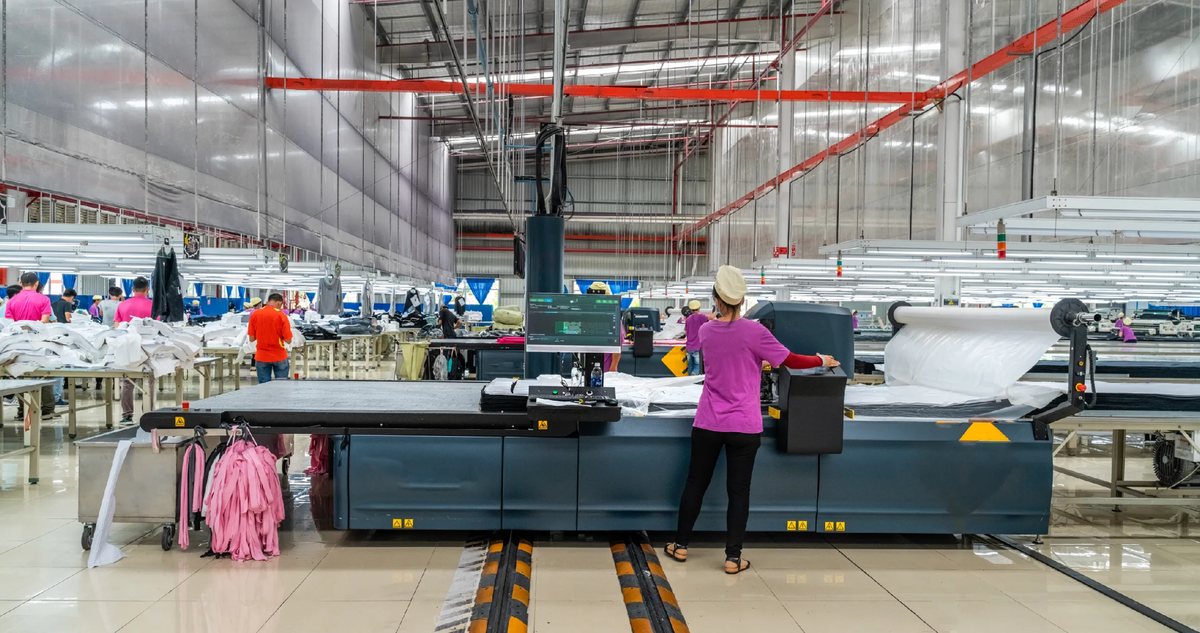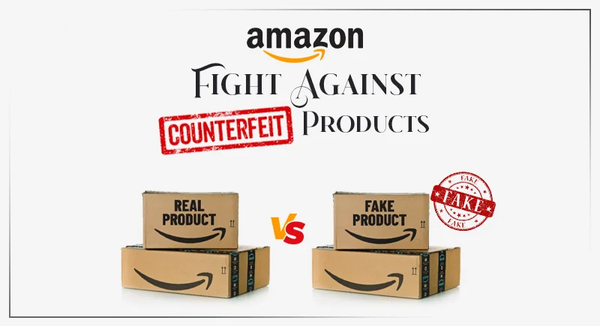The Role of Traceable Labeling in Sustainable Fashion Supply Chains

Traceable labeling plays a crucial role in ensuring sustainability within the fashion supply chain and warehousing processes. As the demand for transparency, accuracy, and environmental responsibility increases, traceable labeling becomes essential. Advanced inspection systems help verify that labels are applied correctly and include accurate information such as barcodes, product details, and manufacturing dates. This precision prevents mislabeled products from entering the market, reducing costly recalls and inventory errors.
Beyond compliance, traceable labeling contributes to sustainability by minimizing waste associated with incorrect labeling and rework. Inaccurate labels often lead to product disposal, which adds unnecessary waste to the supply chain. By ensuring accurate labeling, companies can reduce their environmental impact, supporting broader sustainability goals in the fashion industry.

Additionally, traceable labeling enhances customer trust by ensuring that products meet quality and regulatory standards. Consumers increasingly demand transparency in the origins and authenticity of the products they purchase, particularly in fashion. Labels that can be traced back through the supply chain help meet these expectations, offering a clear record of a product's journey from raw materials to the final retail stage.
Investing in traceable labeling systems is not only a matter of regulatory compliance but also a strategic move towards building a sustainable and resilient fashion supply chain. This approach aligns with the industry's growing emphasis on eco-friendly practices and consumer demand for transparency, ultimately leading to long-term sustainability and customer satisfaction.




